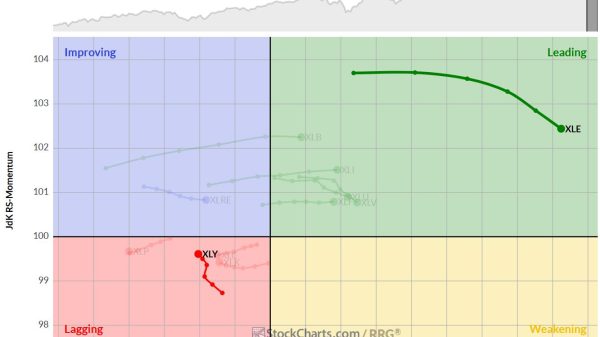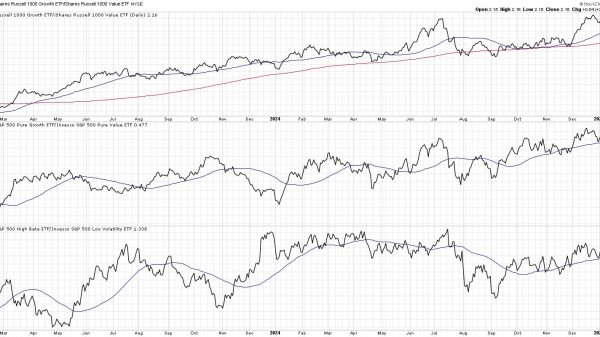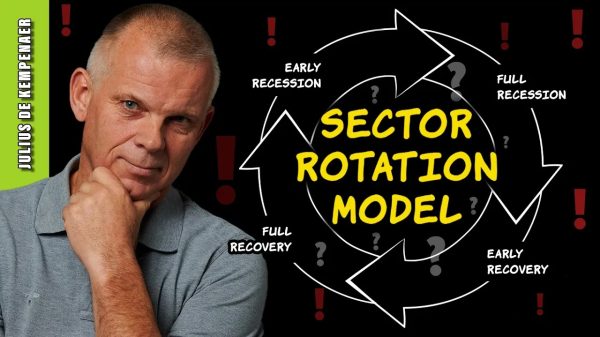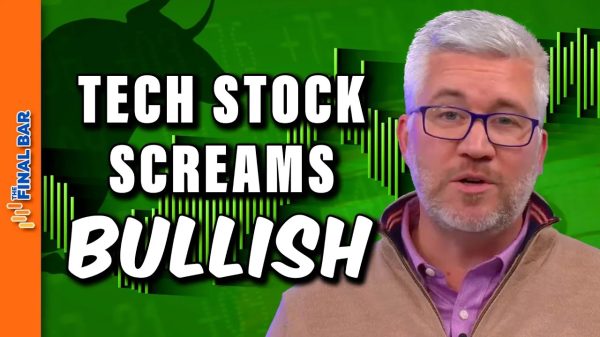Like the typical American, I go to the supermarket a lot. But probably unlike the typical American, every time I go to the supermarket I silently rejoice at my good fortune to be able to frequent this beautiful testimony to the immense productivity of the market economy. Literally, in the past 40-plus years, I’ve never gone into a supermarket without at least once consciously marveling at the economic processes that reliably, yet without ostentation, keep that emporium of affordable material wonders constantly stocked.
Indispensable to the seemingly commonplace modern supermarket is the system of market prices. How do prices work to stock supermarkets? The analogy that I’m about to offer isn’t perfect, but it’s nevertheless instructive.
Think of a supermarket as an anthill. And think of yourself — a customer of that supermarket — as a queen ant. Everyday countless worker ants scurry around the surface of the earth in search of food and other goods to bring to you for your sustenance and convenience.
How do the workers know what to bring? Market prices! Each of the hundreds of millions of individuals who exerted some effort to make possible the bounty that now resides in your favorite supermarket had to be accurately informed about what to do to make his or her contribution, and sufficiently motivated to do it. Just as actual ants follow pheromones to lead them to sources of food to bring back to the colony, entrepreneurs and workers follow market prices to direct their efforts that result in food and other goods being brought to supermarkets. Like each individual ant, no entrepreneur or worker does what he or she does as a self-sacrifice to the group. The ant is programmed by nature to follow pheromones in a way that causes that little creature’s efforts to be coordinated with those of his fellow ants to support a thriving colony that no ant designed and is of such complexity that no ant could possibly comprehend it.
We humans aren’t programmed by nature to do what we do in our roles as producers. But we are programmed by nature to be able, rather reliably, to distinguish courses of action that promote our individual interests from courses of action that don’t. Each of us therefore, needing to earn a living — and aware of our individual talents and tastes — finds employment in tasks the performance of which yields to each of us a sufficient amount of satisfaction, which is highly (although of course not perfectly) correlated with monetary income.
You as a supermarket shopper develop a new fondness for tomatoes. So you buy more tomatoes. As a result, the retail price of tomatoes rises. The higher price of tomatoes informs and incites the supermarket to stock more of them. So the supermarket’s produce manager orders more tomatoes from the produce wholesaler, causing the wholesale price of tomatoes to rise. This higher price of tomatoes at the wholesale level informs and incites the wholesaler to order more tomatoes from the farmer. Attracted by the ‘pheromone’ of higher income, the farmer grows more tomatoes.
To grow more tomatoes, though, requires more of those kinds of fertilizers and pesticides that are best used for growing tomatoes — which, of course, the tomato grower orders from the farm-supply store. The prices of these fertilizers and pesticides are pushed up, sending signals to chemical producers to devote more effort to producing them. But the resulting higher prices of the particular chemicals used to make these fertilizers and pesticides makes these chemical less attractive to be used as ingredients in (say) household insect repellants and cleaning supplies. The rise in the prices of these chemicals incites a chemical company to intensify its research on possible alternatives to these kinds of chemicals.
Success! The supply of chemical ingredients that can be used as inputs in fertilizers, pesticides, household insect repellants, and cleaning supplies increases, causing the prices of these ingredients to fall. The falling prices of these chemicals incites producers of fertilizers, pesticides, and other outputs that contain these chemicals to increase their outputs. The increased supply of fertilizers and pesticides increases the attractiveness to the farmer of growing more tomatoes — which he does. This higher supply of tomatoes pushes the price of tomatoes at the supermarket down, thus encouraging you to buy and eat even more tomatoes.
The falling price of tomatoes at the supermarket prompts you to buy more tortilla chips — the reason being that you can now make your famous homemade salsa at a lower cost. And you need tortilla chips to accompany your salsa.
You buy more tortilla chips because the price of tomatoes fell because of an innovation half a world away in a chemical plant. Your more-intense demand for tortilla chips pushes up the retail price of these yummy snacks. The higher tortilla-chip price will, obviously, encourage producers to make greater quantities of them.
Tortilla chips usually come packaged in bags, so makers of tortilla chips will buy more bags. The kinds of bags typically used to package tortilla chips are made of aluminum, laminated with polypropylene. So the makers of the bags supplied to the makers of tortilla chips must buy more aluminum laminated with polypropylene to fashion into chip bags. The price of aluminum will, as a result, rise. This higher price of aluminum will incite aluminum manufacturers to increase their output of that metal and thus cause the demand for bauxite, a major source of aluminum hydroxide minerals, to rise.
The higher demand for bauxite will, of course, raise its price. In response, bauxite miners in Australia, Guinea, and other major locations of bauxite deposits will ramp up their operations….
You get the picture — the amazing, marvelous, beautiful picture! You and other consumers simply spend your money as you choose at the supermarket. In doing so, you send out messages, through the prices you maintain and those that your choices change, to countless strangers around the world to exert their effort on your behalf. These countless strangers, who are in a very real way working not only for themselves but also for you, have no idea you exist. Indeed, many of them, if they met you, might not like you. Yet they nevertheless exert effort that redounds to your benefit.
These strangers respond to the economic pheromones that are prices and other market signals. These signals not only supply sufficiently detailed information to strangers about what to produce and how best to produce it, they also simultaneously incite these strangers to carry out these tasks. And all the while these price signals coordinate, with remarkable accuracy, all the actions of these billions of producers. Your supermarket has all the tomatoes you (and others) want to buy, but it’s not overrun with so many tomatoes that it’s left with insufficient shelf space to stock enough broccoli, orange juice, and coffee to satisfy its customers’ desires for these items.
The next time you encounter someone asserting that ‘capitalism doesn’t work’ or ‘the market is failing modern Americans,’ think of your last trip to the supermarket. Reflect on the reality that, even if your income is no higher than that of an ordinary ‘working’ American, there isn’t an item among the 50,000 different ones available to you that you can’t afford to purchase. Recognize that each item there is an end node of an unfathomably long, complex, and intertwined web of supply connections spreading, today, around the globe. Ponder that each of these items — which is something that you can purchase with income you’ve earned with just a few minutes of your work-time — is something that includes the work-effort of thousands or millions of strangers. And realize that these each of these strangers was informed and incited to work as he or she did by prices set in markets.
You, shopping in your local supermarket, are like a queen ant who has toiling on her behalf untold multitudes of workers, each one following the remarkable economic pheromones that are market prices.

































